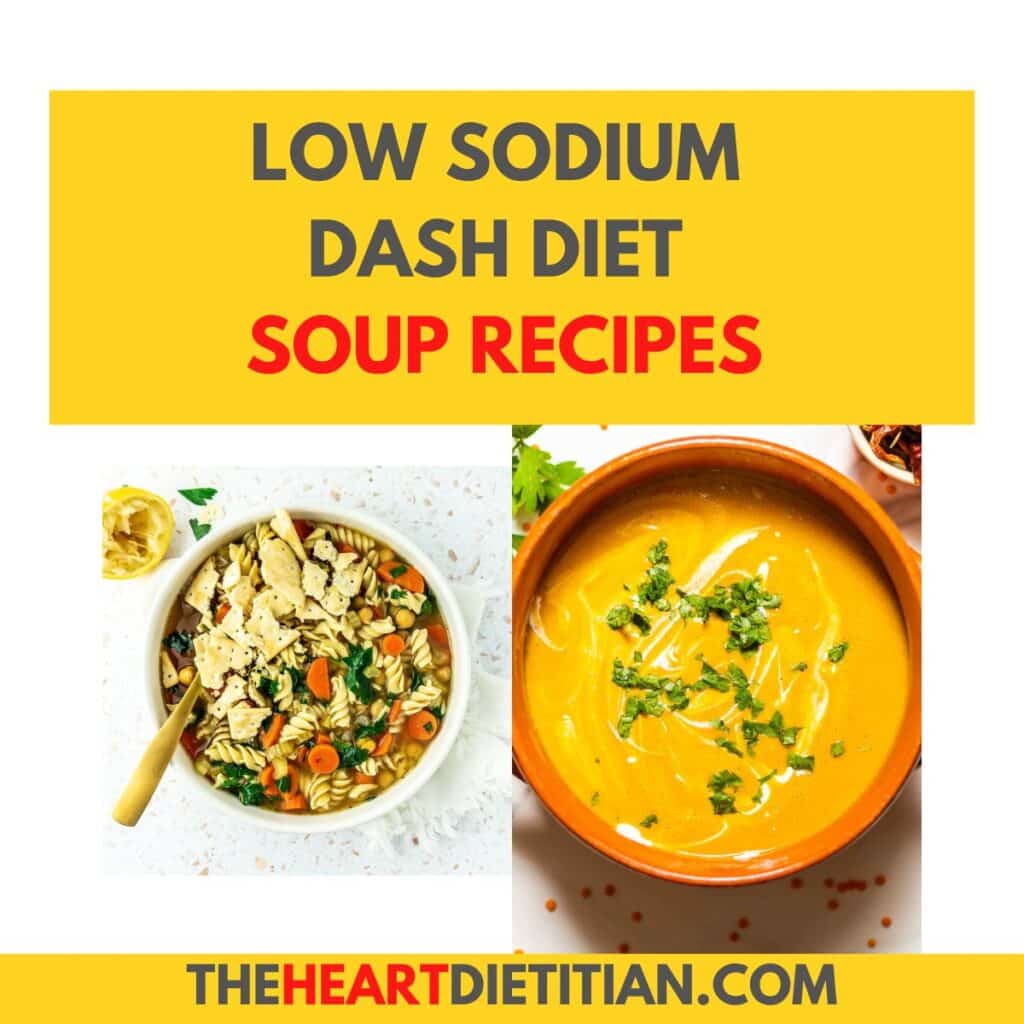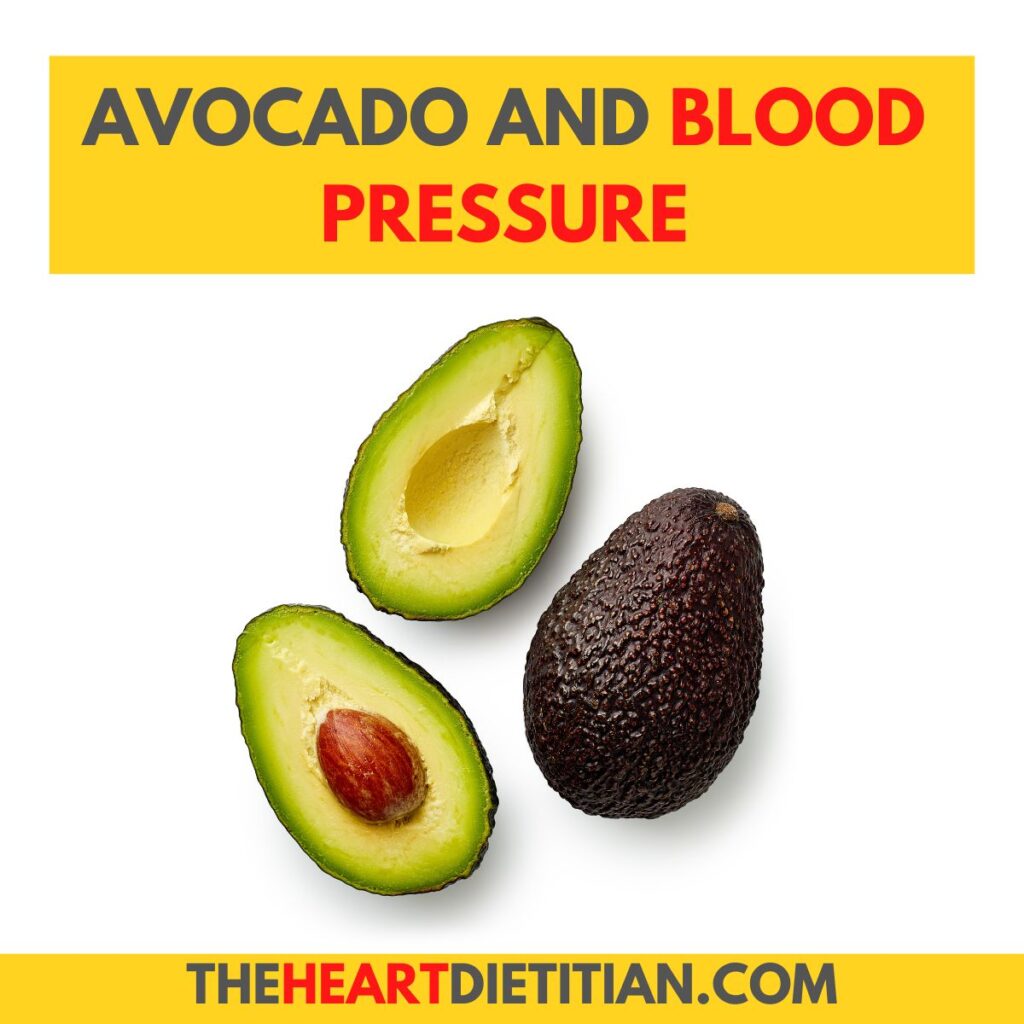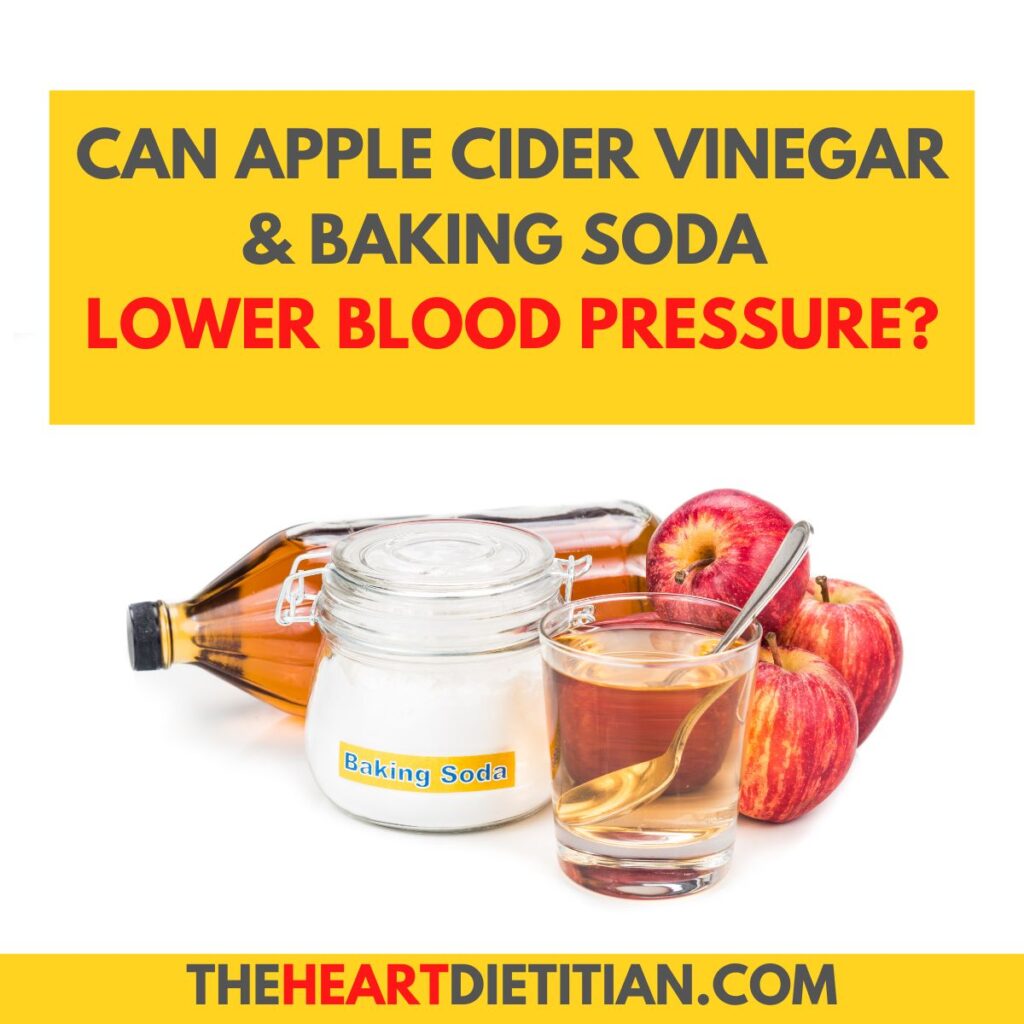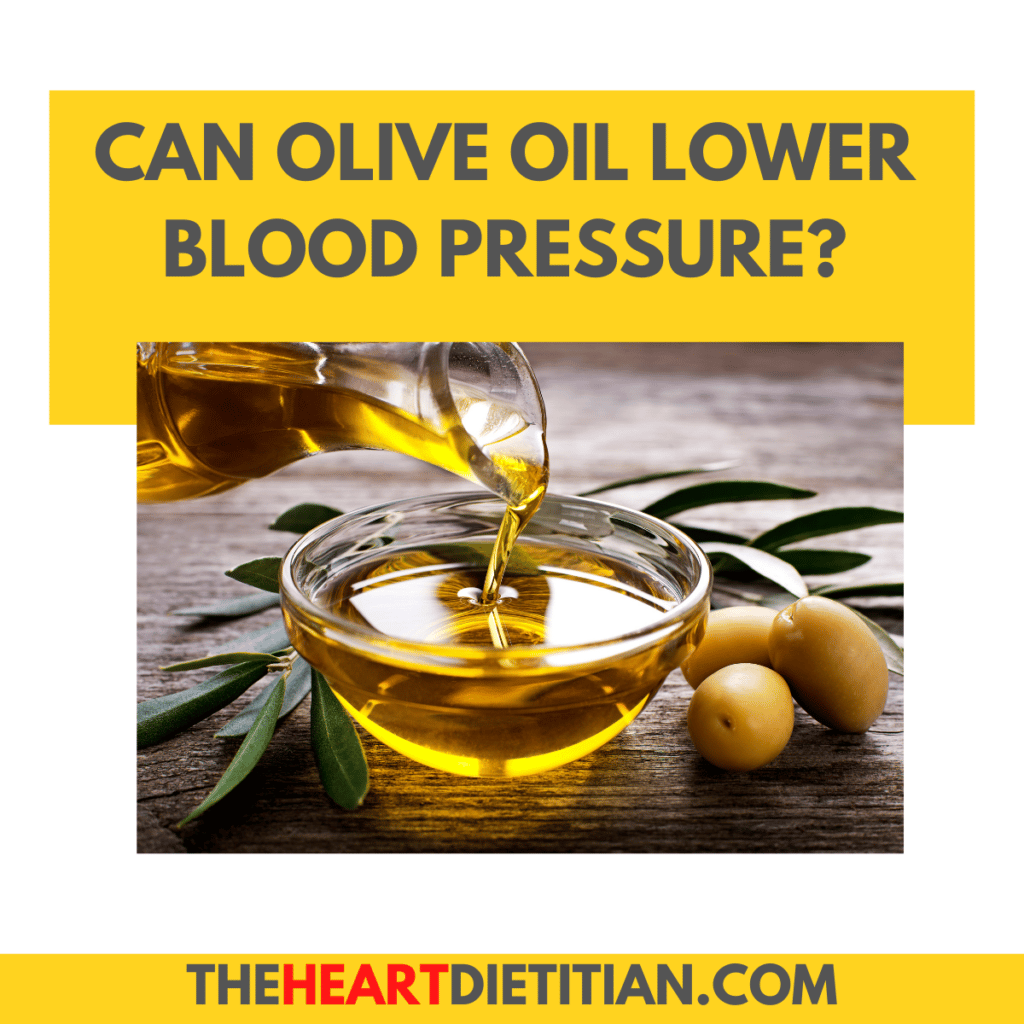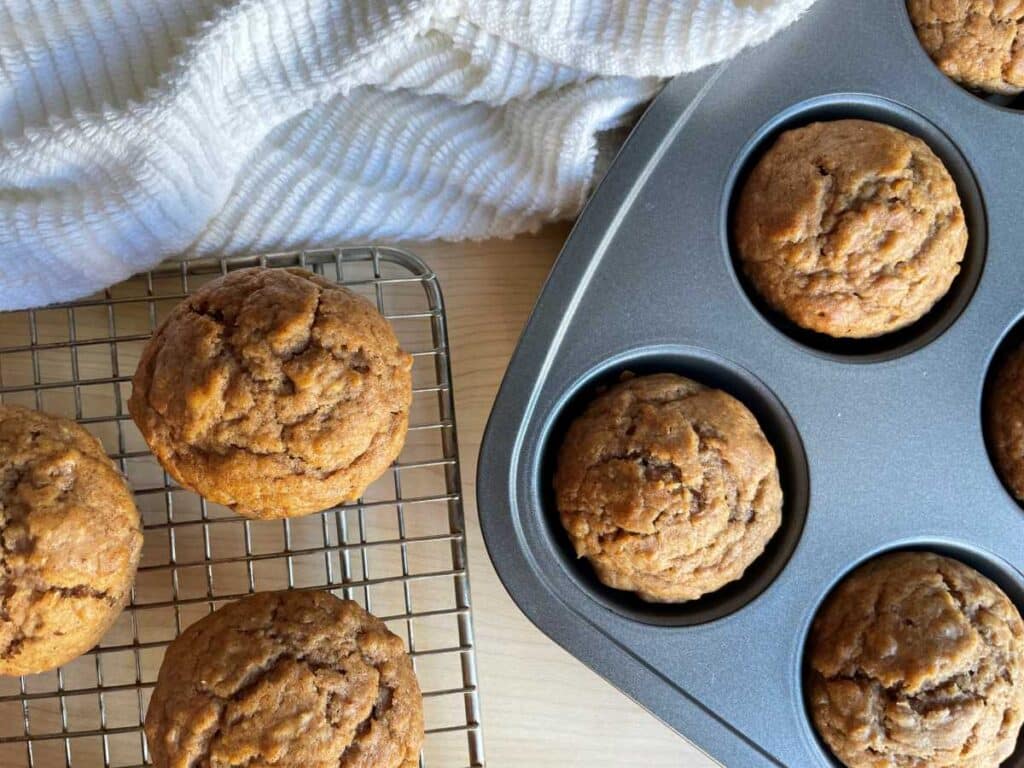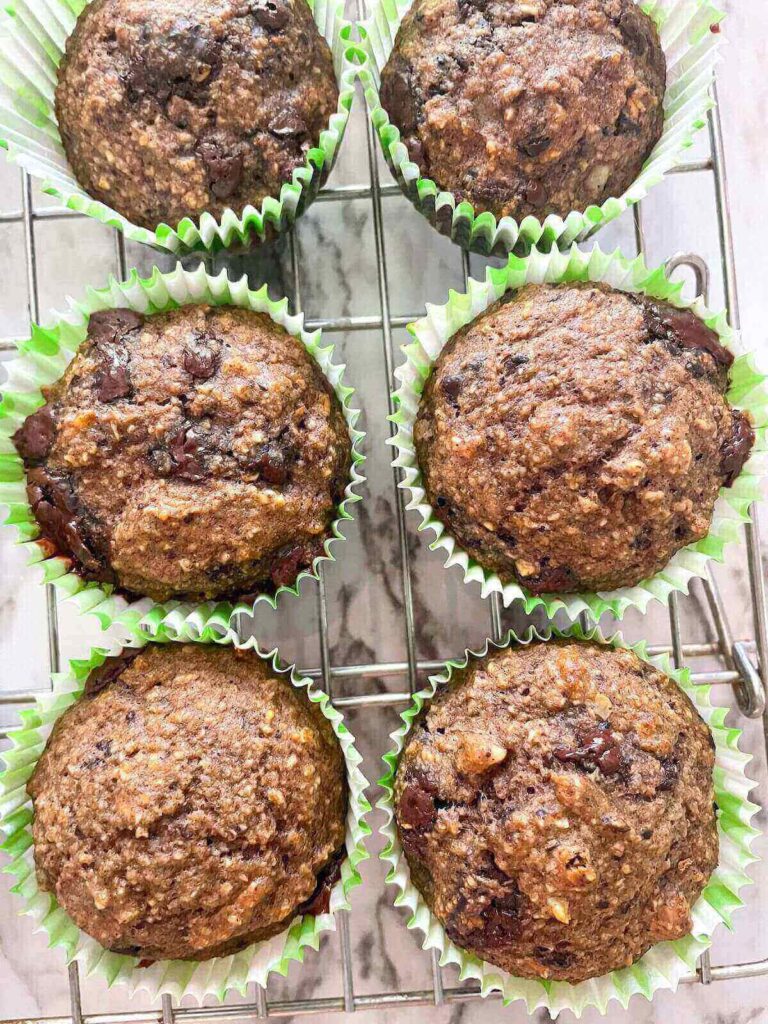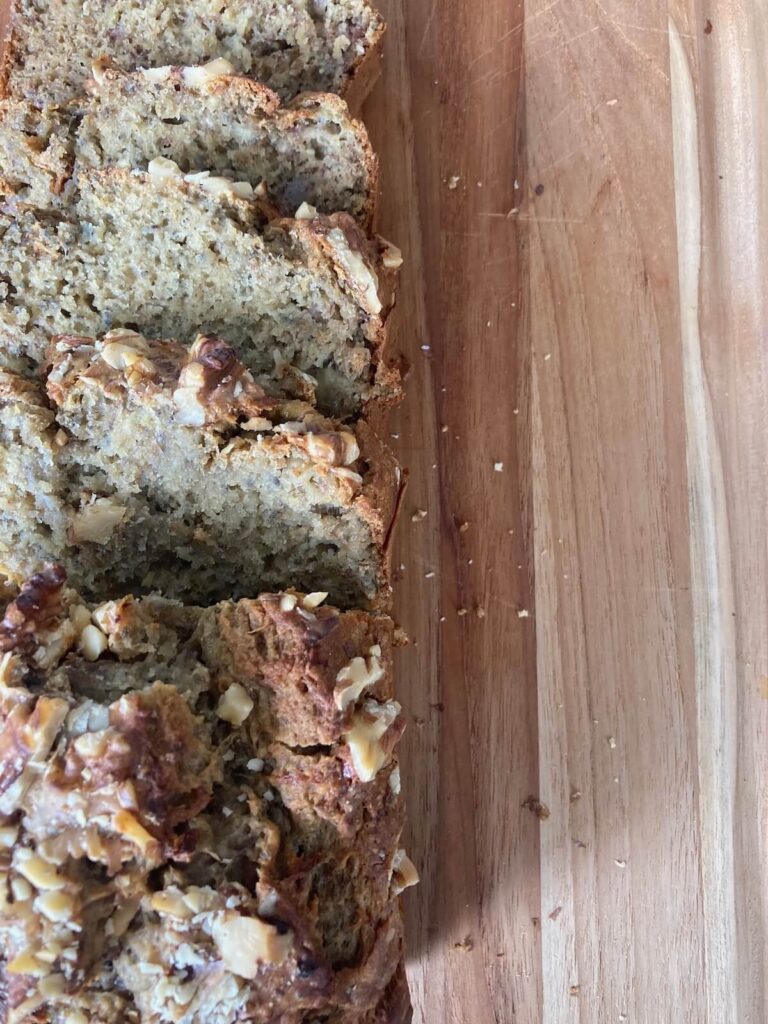A question I often receive as a Registered Dietitian is “are bananas good for high blood pressure.” So, I decided to write a blog post about it!
When someone has uncontrolled high blood pressure for a long period of time, it can lead to numerous consequences on their health like a heart attack or stroke.
Taking action now, and eating a balanced diet is essential to the prevention and regulation of high blood pressure. Heart-healthy dietary eating should not be overlooked as it is a powerful factor in preventing and regulating blood pressure, and bananas are a key component of that!
Let’s take a look at bananas and blood pressure.
Top Takeaways
- Blood pressure is the pressure exerted by circulating blood upon the walls of blood vessels.
- Diet can play a significant role in lowering blood pressure with nutrients like potassium, calcium and magnesium which help relax blood vessel muscles and reduce risk of cardiovascular diseases.
- Bananas are a recommended food for blood pressure control as they are a good source of potassium, magnesium, and fiber, with a medium-sized banana providing significant percentages of these nutrients.
- While bananas offer multiple health benefits and can contribute to a heart-healthy diet, they should be consumed in moderation as part of a balanced diet.
- Top Takeaways
- What Is Blood Pressure?
- Bananas At A Glance
- Check Out These Heart Healthy Banana Recipes
- Potassium And Blood Pressure
- Other Benefits Of Bananas
- 5 Reasons Bananas Lower Blood Pressure
- Considerations And Potential Limitations
- Incorporating Bananas In The Diet
- Other Foods That May Help Lower Blood Pressure
- Frequently Asked Questions
- Final Thoughts
What Is Blood Pressure?
When your heart pumps blood, pressure is created along the walls of your arteries. This is called blood pressure. Through the arteries, blood is then transported from the heart to various regions throughout the body.
You might be wondering, how is blood pressure read? Blood pressure readings are presented as two numbers: the top number measures the pressure of blood in your arteries as the heart pumps blood (known as systolic blood pressure). In contrast, the bottom number (diastolic blood pressure) measures the pressure in your arteries between heartbeats.
According to the American Heart Association, normal blood pressure ranges are defined as those with systolic measures (top number) below 120 and diastolic measures (bottom number) below 80 (1). What happens when your blood pressure exceeds this range? A blood pressure that consistently exceeds this normal range is called High Blood Pressure or Hypertension.
Causes And Risk Factors
High blood pressure can occur because of genetics, family history and age. As well as modifiable risk factors are physical activity, sodium, potassium, magnesium, and calcium consumption. Let’s look at how food (and bananas!) can play a role in heart health and lower high blood pressure!
Diet And Blood Pressure
Diet plays a significant role in the management of blood pressure. The DASH diet, which stands for Dietary Approaches to Stop Hypertension, is a dietary pattern that helps manage and prevent high blood pressure.
This diet emphasizes consuming fruits and vegetables, whole grains, low-fat dairy products, lean meats, nuts and seeds while seeking to reduce the consumption of foods high in fat, cholesterol, and sodium.

Here Are Some Articles On DASH Diet Foods:
Research suggests that eating the DASH Diet, systolic blood pressure (or the top number) was able to be lowered by around 6-11 mm Hg in both subjects with and without high blood pressure (2), that’s as much as some medications on the market!
How is this possible? This heart-healthy diet incorporates numerous nutrients, primarily potassium, calcium, and magnesium, linked to helping lower and regulate blood pressure. These nutrients help support the optimal functioning of blood vessels and play important roles in relaxing the smooth muscles within blood vessels, helping to lower and regulate blood pressure (2).
If you want to learn more about ways to lower blood pressure with food, check out these articles:
Bananas At A Glance
Nutritional Profile Of Bananas
Have you ever been curious about how much and what nutrients you get from eating a banana?
Bananas are a rich source of numerous vitamins and minerals such as potassium, magnesium, Vitamin C and fiber! Below is a detailed breakdown of its nutritional profile.
Nutrition facts Banana (1 Banana 115g)
| Total Sugar | 15.8g |
| Fiber | 5.31g |
| Potassium | 375mg |
| Magnesium | 32.2mg |
| Calcium | 5.75mg |
| Folate | 16.1µg |
| Vitamin C | 14.1mg |
| Vitamin B6 | 0.24mg |
| Beta Carotene (precursor of Vitamin A) | 9.2µg |
| Vitamin A | 1.15µg |
| Sodium | <4mg |
Presence Of Potassium
Potassium is a notable mineral that stands out in bananas. In just one medium (115 g) banana, it contains approximately 375 milligrams of potassium. That’s about 14% of your potassium intake for the average adult female (4).
Cost
Bananas are notably affordable when compared to other fruits and vegetables, offering a cost-effective option for those looking to enhance their diet without stretching your budget.
For example, in November 2023 Walmart sold conventional bananas for $1.28 CAD/1 kg or approximately $0.58 CAD/ 1lb.
Convenience
Perhaps you can consider the banana a jack of all trades; it’s portable, affordable, and packed with nutrients.
They can be a quick, simple, yet nutritious addition to any breakfast, an easy-to-go snack that requires little to no preparation beforehand and offers a natural yet effective energy boost to your day.
Bananas And The DASH Diet
Eating bananas is part of the DASH diet, and eating pattern designed to lower blood pressure.
Bananas which are rich in potassium, magnesium and fiber while low in sodium, provide many of the key nutrients required in the regulation of blood pressure, while simultaneously falling in line with the recommendations of the DASH diet.
Check Out These Heart Healthy Banana Recipes
Potassium And Blood Pressure
Potassium is an essential mineral necessary for numerous bodily functions.
It is involved in:
- the promotion of heart health
- the relaxing of blood vessels (vasodilation)
- keeping muscles and nerves properly functioning and
- regulating cellular fluid balance (5).
How Does It Work?
Something that most people are not aware of is that increasing potassium intake (through food) is just as important as lowering sodium intake in regulating blood pressure.
Diets high in sodium can cause a buildup of sodium in the body, which can impact our ability to make nitric oxide, a chemical necessary for the relaxation and dilation of blood vessel walls (5). However, a potassium-rich diet can help balance this sodium and promote the relaxing and widening of blood vessels, thus lowering blood pressure.
Recommended Daily Intake
According to the National Institutes of Health (NIH) dietary guidelines, the estimated adequate intake for adults 19 and older is 3,400 mg for males and 2,600 mg for females (4).
As listed in its nutrient profile, bananas are a rich source of potassium, containing around 375 mg per medium banana (115 g banana), which is approximately 11% for males and 14% for females, respectively, of the recommended adequate potassium intake (3,4).
That said, incorporating bananas into your diet can be a simple and tasty way to significantly help boost and meet your potassium requirements.
Other Potassium-Rich Foods
Potassium can be naturally found in various foods and are great additions to any diet. Check out this article on 39 foods to lower blood pressure for additional foods.
Other high potassium foods include: dried apricots, cooked lentils, acorn squash, canned kidney beans, dried prunes, avocados and raisins (4). These foods can be incorporated into recipes for breakfasts, lunches, dinners and even snacks on the go!
Check out these DASH diet recipes.
Other Benefits Of Bananas
Dietary Fiber
Aside from potassium, bananas are a good source of dietary fiber. Women require 25 grams, and men require 38g of fiber a day; however, most individuals are not meeting these requirements (6).
While our body cannot digest fiber, it plays important roles in our health, helping slow down digestion which is great for weight management. It can also help regulate blood sugar and prevent constipation by increasing the bulk in stool.
Soluble fiber also plays a role in reducing cholesterol levels too, which is an important part of the Portfolio diet.
Antioxidant Properties
Bananas are great sources of bioactive compounds such as carotenoids, amines, flavonoids, phenolics and vitamin C. These compounds have numerous antioxidant properties, anti-inflammatory and beneficial to our health.
5 Reasons Bananas Lower Blood Pressure
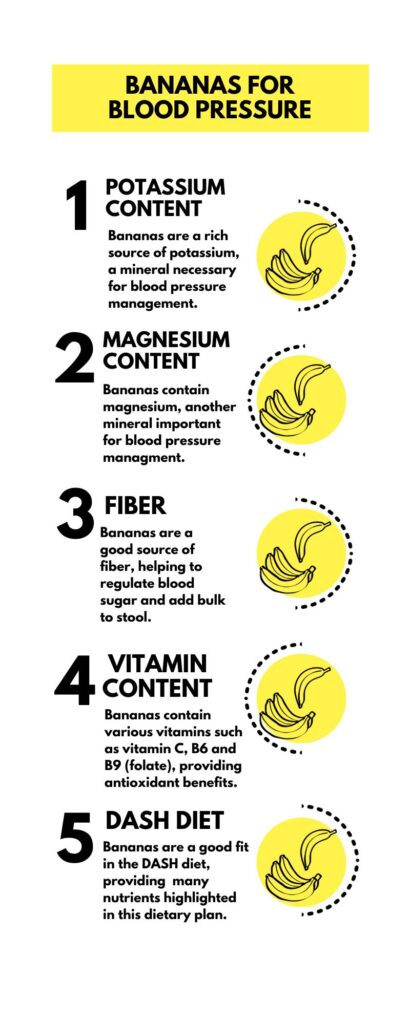
Okay, let’s answer this question – are bananas good for high blood pressure? Yes! And here are 5 reasons why bananas are good for high blood pressure!
1.Bananas are high in potassium, an important mineral in balancing sodium intake in the blood and the regulation of normal blood pressure.
2.Bananas are a good source of magnesium, another important mineral in the regulation of blood pressure, involved in the relaxation of blood vessel walls.
3. Bananas are rich in fiber, helping to regulate blood sugar levels, lower cholesterol, prevent constipation and meet the recommended daily dietary fiber requirements.
4. Bananas contain various vitamins such as Vitamin C, Vitamin B9 (folate) and Vitamin B6, helping to improve the function of blood vessel walls and provide beneficial antioxidant properties (7).
5. Bananas are an excellent choice to be incorporated into the DASH diet as they contain three key nutrients: potassium, magnesium, and calcium.
Considerations And Potential Limitations
Calories
While calorie content may be a concern for some individuals, a single banana weighing approximately 118 grams contains only roughly 105 calories while providing various nutrients, therefore can be incorporated into anyone’s diet, even if they are looking to lose weight.
Sugar
A single banana weighing around 115 g contains an estimated 15 g of sugar; however, it is important to note that this type of sugar is not the same as processed sugar in your pantry (i.e. white or brown sugar).
These fruit sugars are consumed in combination with other nutrients, helping to slow down the absorption of sugar into the bloodstream, preventing sudden large increases in blood sugar after eating (8).
In addition, when looking at glycemic index, bananas have a fairly low score and thus does not contribute to a rapid increase of blood sugar after consuming a banana, especially when pairing it with a protein or fat (9).
Kidney Function
While potassium is beneficial for maintaining and regulating normal blood pressure, individuals with impaired kidney function should always consult with a doctor before increasing their intake of potassium.
This is because if you have poor kidney function or kidney disease, it may be difficult for individuals to regulate and excrete any increased potassium intake through the kidneys.
Incorporating Bananas In The Diet
If you’re wondering what kinds of ways you can include bananas in your daily meals to lower blood pressure, here is a list of some healthy yet simple suggestions to try:
- Preparing banana smoothies such as this pineapple banana juice for high blood pressure.
- Incorporating bananas into baked goods, for example, low sodium pancakes.
- Using ripe bananas as a natural sweetener, such as in recipes like creamy oatmeal
- Adding bananas into snacks for on-the-go: banana oatmeal cups
- Use bananas to make convenient and straightforward breakfast options like this banana cream overnight oat recipe.
- Using bananas as an alternative food item to other common breakfast foods such as avocado toast for example, banana toast.
- In a simple combination with yogurt such as in this easy banana yogurt.
Other Foods That May Help Lower Blood Pressure
Dark chocolate
Dark chocolate has been associated with decreased blood pressure due to its flavanol content, helping to produce nitric oxide to promote blood vessel relaxation (10). Try these chocolate covered chickpeas.
Spinach
In terms of potassium content comparison with bananas, 100g of spinach contains approximately 460mg of potassium, making it a great choice in addition to bananas (11). Check out this article about juicing for high blood pressure recipes.
Beets
Studies have shown links between intakes of beetroot juice and positive effects on lowering blood pressure due to its nitrate content (12). Like in this beet smoothie to lower blood pressure.
Tomatoes
Tomatoes contain potassium, phenolic compounds and carotenoids such as lycopene, which all help to lower blood pressure (13). Try this low sodium marinara sauce.
Garlic
Studies have found that consuming garlic was associated with lowered blood pressure and the promotion of gut health (14).
Oats
The consumption of whole oats was linked to lowering blood pressure due to the presence of Gamma-aminobutyric acid and fiber, in particular, beta-glucan (15). Check out this article describing how oats lower blood pressure in more detail.
Kiwi
Studies have found that kiwi has beneficial effects on blood pressure management as it is a rich source of antioxidants (16).
Pistachio
Pistachios are a great source of fiber and have been shown to contain vitamins and minerals such as potassium, magnesium, calcium and vitamin C, all nutrients involved in lowering blood pressure (17).
Broccoli
Another great source of potassium comparable to bananas is broccoli, which contains approximately 303mg per 100g of raw broccoli (18).
Yogurt
Yogurt contains key nutrients such as potassium, magnesium and calcium, highlighted in both the DASH diet and are necessary for their roles in blood vessel relaxation (19).
If you’re interested in finding out more about other foods that can help lower and manage blood pressure, be sure to check out this page!
Frequently Asked Questions
How Many Bananas Should I Eat A Day For High Blood Pressure?
There is no particular amount of bananas to eat that guarantees reductions in high blood pressure, and it may vary depending on your current diet and lifestyle.
However, bananas contain roughly 375mg of potassium each, while the recommended adequate intake for adults 19 and older is 3,400 mg for males and 2,600 mg for females. Therefore, consuming one to two banana’s daily can help individuals meet this recommendation. That said, it is important to consult with your doctor before making any significant changes to your diet.
Which Fruit Is Best For High Blood Pressure?
There is no best fruit for regulating high blood pressure; what’s important is having fruit often and incorporating a variety into your diet. With that said, some fruits that are known for their properties in lowering blood pressure include:
- Strawberries
- Blueberries
- Watermelon
- Grapes
- Apples
- Mango
Do Bananas Lower Blood Pressure?
Yes, bananas can lower blood pressure because they are rich sources of potassium, magnesium, and fiber – all important nutrients involved in blood vessel relaxation and the lowering of high blood pressure.
What Should You Avoid If You Have High Blood Pressure?
If you have high blood pressure, you should avoid excessive sodium intake, alcohol, smoking, and limit processed foods. This does not mean you have to make drastic lifestyle changes, as small changes can make a big difference to overall health.
Final Thoughts
So, there you have it – the answer to “are bananas good for high blood pressure?”
Yes, bananas lower blood pressure!
They are a great source of potassium and contain numerous other nutrients essential for regulating and lowering high blood pressure, such as magnesium, calcium, and fiber. However, though consuming bananas is linked to beneficial effects on health, it is important to be mindful of some considerations.
It is also important to remember that in addition to diet, healthy lifestyle patterns are powerful tools in preventing and regulating blood pressure. Incorporating bananas can be a simple, delicious, and healthy way of meeting your daily potassium requirements while providing benefits to your health and lowering risk of heart disease.
Tell me below, do you eat bananas to lower your blood pressure? And if so, how do you like to eat your bananas?
Written by Hua Yang, Nutrition Student. Article reviewed by Veronica Rouse, MAN, RD, CDE.




